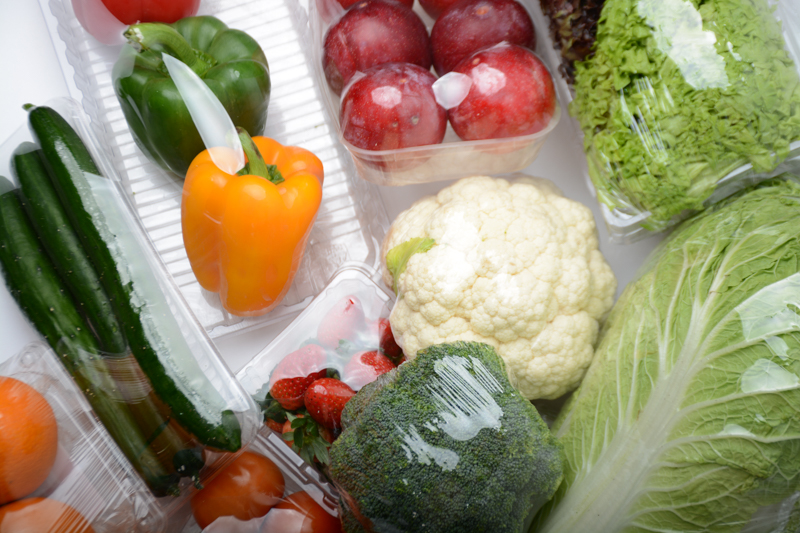In today's fast-paced world, durability is a crucial factor to consider when choosing materials for various applications. Polyvinyl chloride (PVC) has emerged as a popular choice due to its versatility and cost-effectiveness. However, the question remains: Is PVC more durable than other materials? In this blog post, we will delve into the depths of PVC's durability, exploring its properties, applications, and comparative advantages, while ensuring the content aligns with Google's search engine algorithm.
- Understanding PVC:
Polyvinyl chloride, commonly known as PVC, is a synthetic polymer derived from vinyl chloride monomers. It possesses exceptional chemical resistance, mechanical strength, and electrical insulation properties, making it suitable for a wide range of applications. - Durability Factors:
a) Chemical Resistance: PVC exhibits excellent resistance to acids, alkalis, oils, and other corrosive substances, making it highly durable in harsh environments.
b) Mechanical Strength: PVC's inherent strength enables it to withstand heavy loads, impacts, and extreme weather conditions, ensuring long-term durability.
c) UV Resistance: PVC can be formulated with UV stabilizers, enhancing its resistance to ultraviolet radiation and preventing degradation over time.
d) Moisture Resistance: PVC's low water absorption rate and resistance to mold and mildew make it a durable choice for applications exposed to moisture. - Applications of PVC:
a) Construction Industry: PVC pipes, fittings, and profiles are extensively used in plumbing, drainage systems, window frames, and roofing due to their durability and longevity.
b) Electrical and Electronics: PVC insulation for wires and cables provides protection against electrical hazards, ensuring safety and durability in various electrical applications.
c) Automotive Sector: PVC is utilized in automotive interiors, such as dashboards, seat covers, and door panels, due to its durability, ease of maintenance, and resistance to fading.
d) Healthcare and Medical: PVC is widely used in medical devices, such as IV bags, tubing, and blood bags, as it offers durability, flexibility, and resistance to chemicals. - Comparative Advantages:
a) PVC vs. Traditional Materials: Compared to wood, metal, or concrete, PVC offers superior durability as it is resistant to rot, corrosion, and insect damage.
b) PVC vs. Other Polymers: PVC's durability surpasses that of many other polymers, such as polyethylene (PE) or polypropylene (PP), due to its higher chemical resistance and mechanical strength. - Ensuring Timeliness:
As technology and research progress, continuous advancements are being made in PVC formulations, resulting in improved durability. Stay updated with the latest developments and consult industry experts to ensure you make informed decisions regarding PVC's durability for your specific application.
Conclusion:
In conclusion, PVC stands out as a highly durable material across various industries. Its exceptional chemical resistance, mechanical strength, and resistance to environmental factors contribute to its longevity. Whether in construction, electrical, automotive, or medical applications, PVC's durability remains unmatched. By understanding its properties and comparative advantages, you can confidently choose PVC for your projects, knowing it will withstand the test of time.
